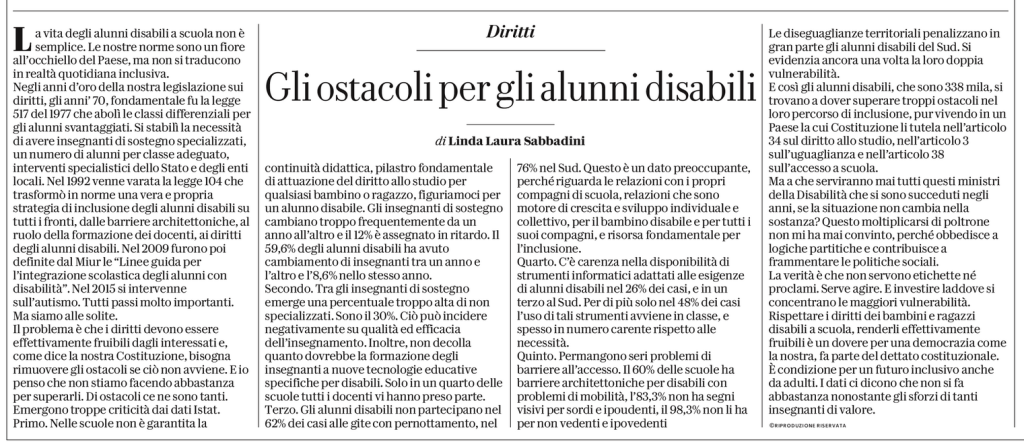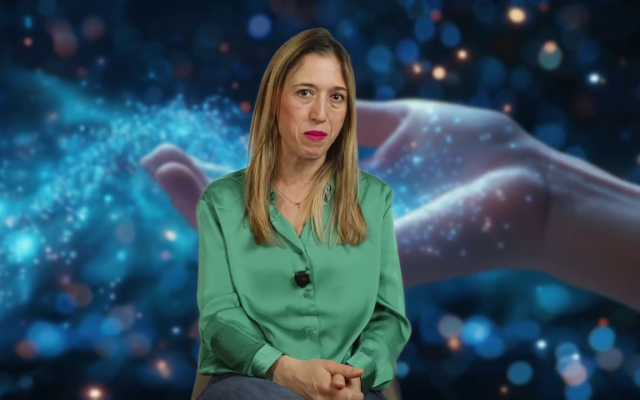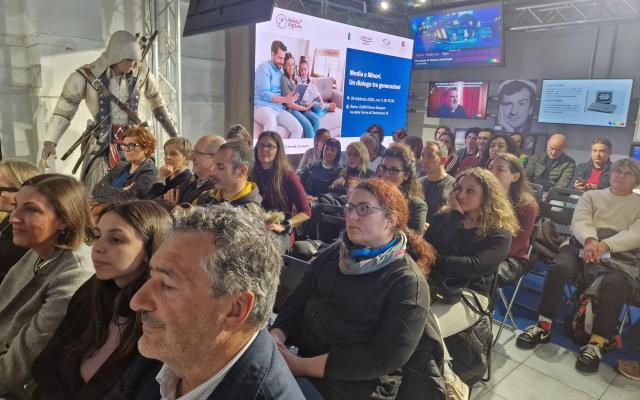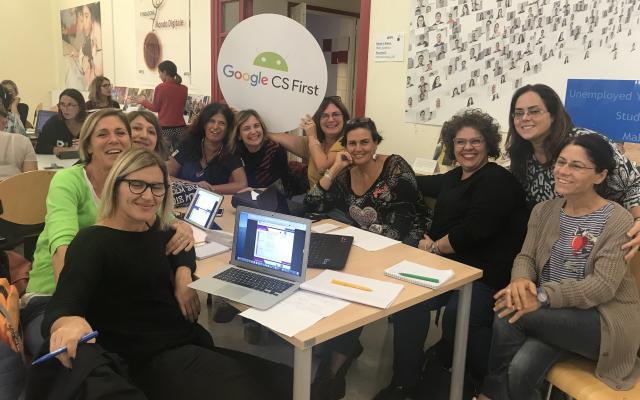Presentation of the sixth edition of Computer Science First, tomorrow.
"Digital technology has an enormous transformative potential, but we have not yet understood how to deliver on these promises" [UNESCO, Re-imagining our Futures Together: A New Social Contract for Education, 2023].
In Italy, as in Spain, Luxembourg, Austria, and Portugal, IT is initially taught as part of other subjects at the lower secondary school and subsequently introduced as a separate subject in upper secondary school. The recent legislation, part of the National Recovery and Resilience Plan, aims to reinforce digital skills in primary and secondary education [see: PNRR Education].
The availability of adequate lifelong teacher training and didactic materials are the necessary conditions for good quality teaching and learning. Systematic and continuous support helps teachers to carry out their work effectively and remain motivated, Eurydice reiterates its “IT at School in Europe” Report. In the figure, a review of the digital skills framework for teachers/trainers according to DigCompEdu.
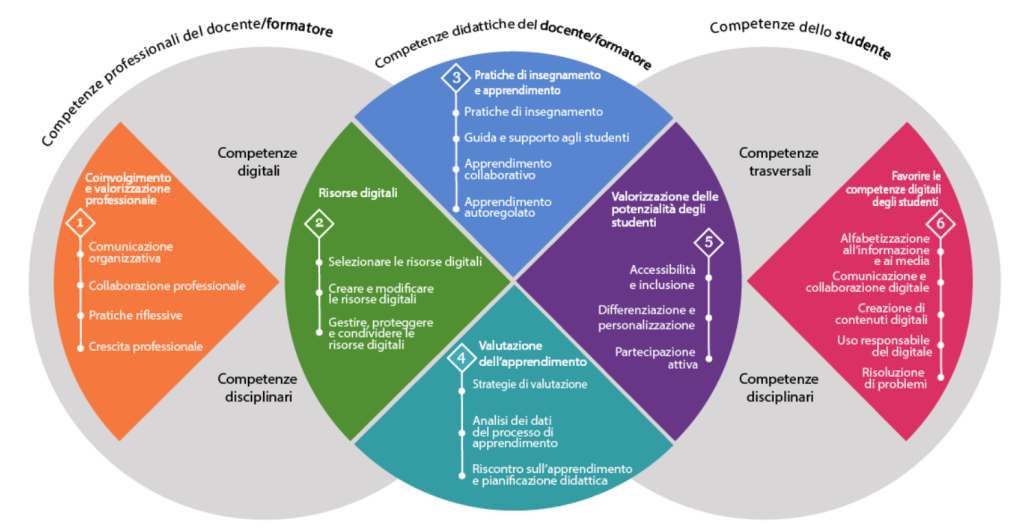
We are working precisely in this direction with initiatives such as Computer Science First, Google Project for teachers of comprehensive schools addressing the development of computational thinking and transversal skills with the free CS First platform.
CS First, in fact, allows the integration of curricular disciplines with more effective methodologies for teaching and learning new languages and not just for "coding." And, thanks to the particular characteristics of the platform, we also help teachers to build a collaborative and inclusive learning environment, attentive to different types of special needs or temporary fragilities.
Next Wednesday, February 28, at the University of Pisa, we will present the sixth year of collaboration with Computer Science First with an original training event entitled Computational Thinking and Soft Skills, which also includes the story of good inclusive practices created with the platform.
From this point of view, in fact, the platform can prove to be a very effective tool for the involvement of students in fragile conditions or with special needs, given the complexity of the challenge of maximum inclusion chosen by Italian schools.
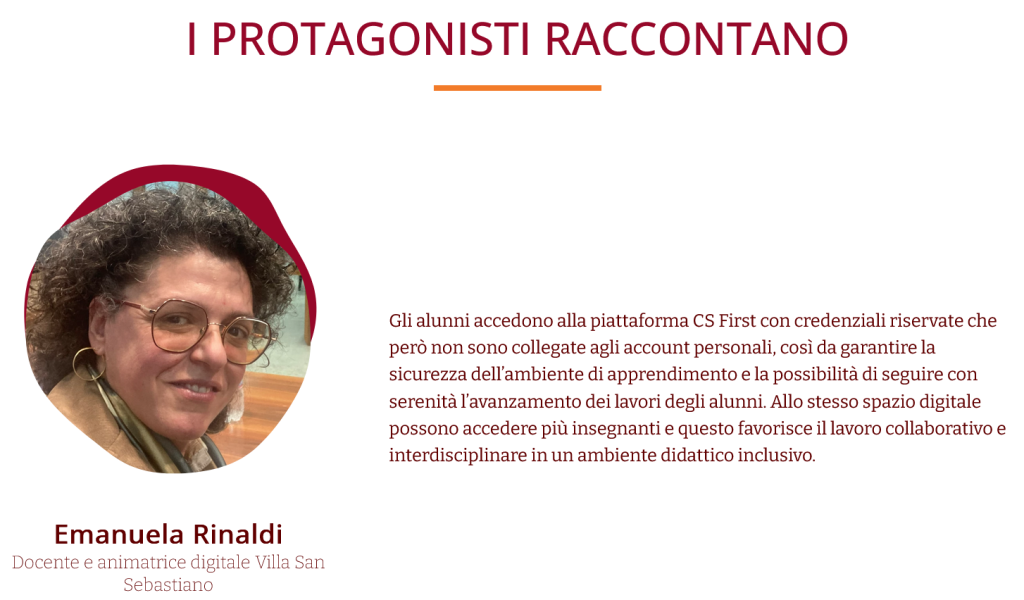
On this topic, we suggest reading the comment by Linda Laura Sabbadini, a pioneer of social statistics, published last Saturday on La Repubblica. The social change researcher reminds us that "our rules are the pride of the nation," even if it is difficult to translate them into inclusive daily reality. This is due to a series of obstacles: the lack of didactic continuity, an insufficient number of specialized support teachers (only 30%), limited training on new educational technology, low participation of pupils in class life including moments of non-formal education, few adapted IT tools, presence of barriers in schools, etc.
This is why we want to continue focusing on where the greatest vulnerabilities are concentrated, to support the efforts of many valuable teachers committed to guaranteeing the rights of all children and young people at school, as our Constitution demands.
